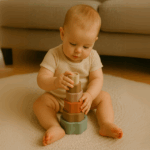Looking for suitable toys for children with autism?
Well-chosen toys can help children stimulate their senses, find peace of mind and develop skills. At Vintatoys, we've gathered tips and favourite picks for you!
🤔 What is Autism and What to look out for in Toys?
Autism, or Autism Spectrum Disorder (ASD), is a developmental disorder that affects communication, behaviour and sensory processing.
Children with autism can be extra sensitive to stimuli and often need predictability and security.
Toys can play a great role in:
-
Development of motor skills
-
Improving concentration and focus
-
Regulating emotions and sensory stimuli
-
Stimulating creativity and self-confidence
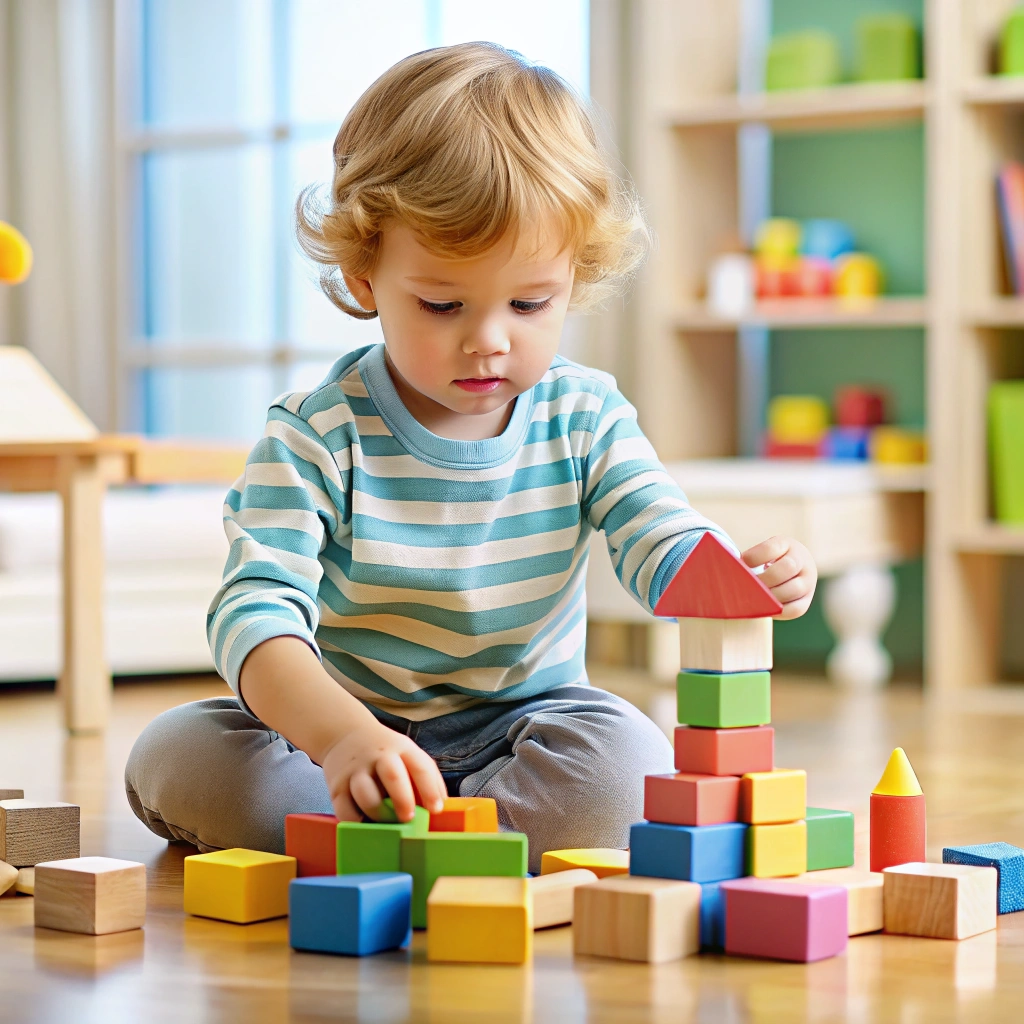
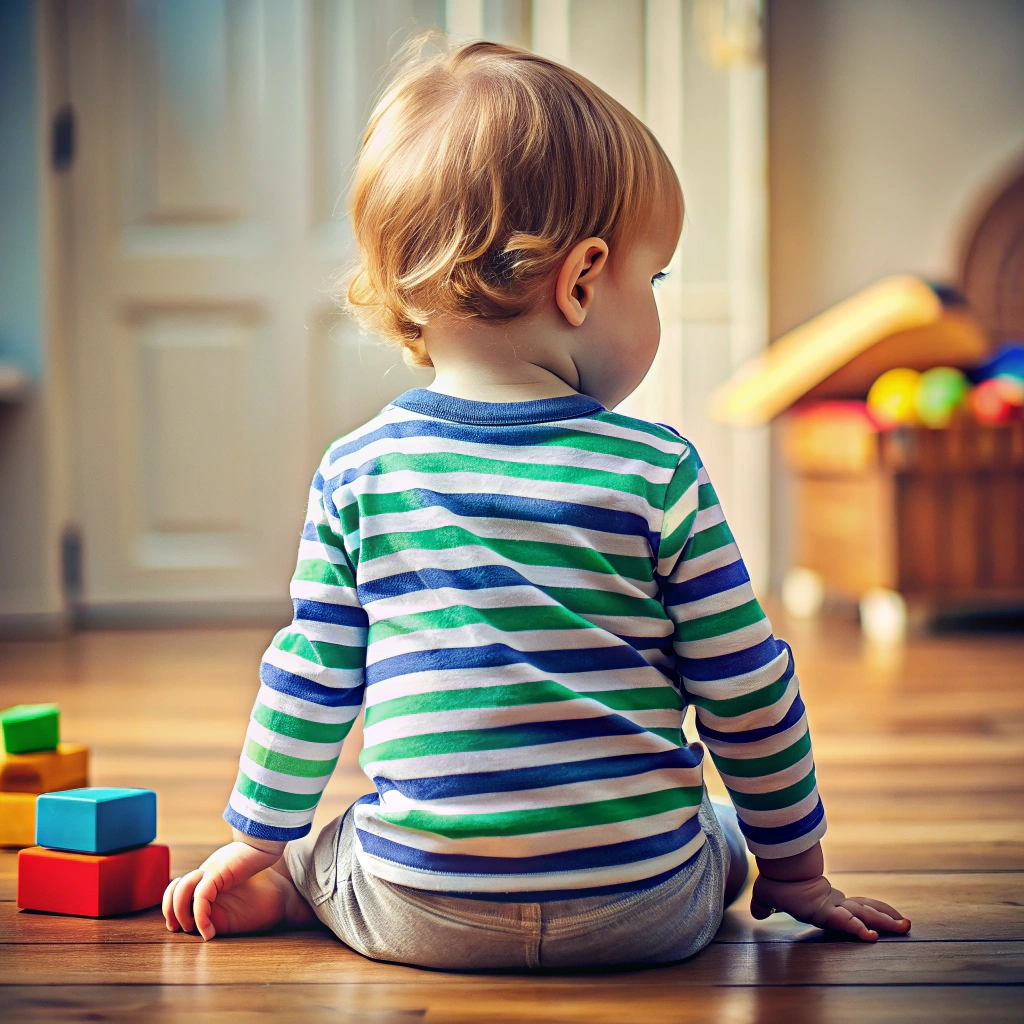
🧸 The Best Types of Toys for Autistic Children
✅ Sensory toys
Sensory toys such as stress balls, tactile mats and wobble pillows help children process stimuli and relax.
✅ Fidget Toys
Fidget spinners, pop-its and fidget cubes improve concentration and provide a safe outlet for energy.
✅ Calming Toys
Soft toys, weight hugs or aromatic stress balls have a calming effect on children.
✅ Construction toys
Building sets such as LEGO®, magnetic blocks and wooden puzzles encourage creativity and fine motor skills.
✅ Games with Simple Rules
Games with clear and predictable rules help children with autism develop structure and social skills.
👩👧 Tips for Playing with Children with Autism
-
Give enough time: Children with autism often need more time to explore new toys.
-
Opt for predictability: Avoid toys that produce unexpected noises or bright lights.
-
Let the child lead: See what the child shows interest in and encourage that in a calm manner.
Sensory toys, soothing soft toys and simple construction toys are ideal for children with autism.
Good toys support the processing of stimuli, promote social skills and can reduce stress.
Soft toys, wobble pillows and stress balls can help children feel safe and calm.
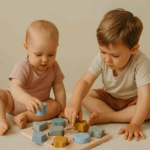 Puzzles
Puzzles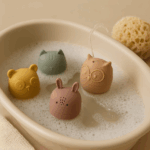 Water toys
Water toys Role-playing toys
Role-playing toys Sand toys
Sand toys